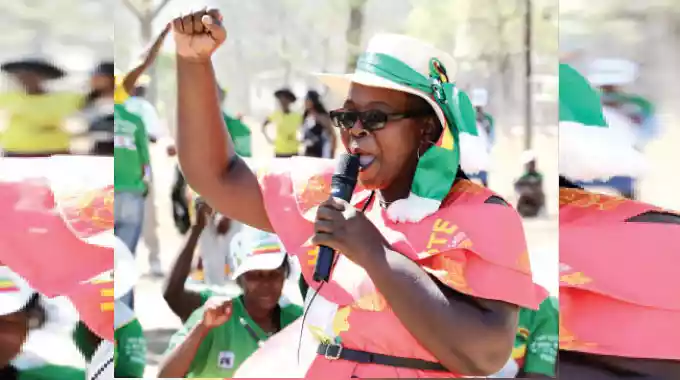
Plumtree Town is battling a worsening water crisis as residents endure prolonged dry taps, with former councillors pointing to deeper administrative failings and a flawed billing system.
In a public notice issued last week, Plumtree Town Council announced that water supply services have been severely impacted by non-payment of rates and water bills by clients.
The local authority said the shortfall has crippled its ability to cover production costs, including electricity, chemicals, and maintenance, resulting in a restricted water pumping schedule between 10PM and 4AM.
“Failure to honour bills has impacted the ability of the local authority to meet production costs,” read the statement signed by Town Secretary Thembelani Nyoni.
“Potable water will be produced and distributed during off-peak hours until the situation improves.”
However, the situation appears to be worsening, prompting the council to issue a fresh statement last Tuesday appealing once again to residents to clear their debts.
In the latest update, Nyoni said the council has begun issuing disconnection notices to defaulting consumers as a reminder to settle their outstanding bills.
“Council undertakes to restore supplies to consumers with up-to-date consumption accounts,” he said.
- LSZ to hold open day in Plumtree
- Plumtree Town Council to fence sewer ponds
- Bulilima farmers appeal for more stockfeed supplies
- Plumtree Town Council plans to demolish vending structures
Keep Reading
“However, this requires 72 hours of uninterrupted power supply to all our pumping stations for the water network to be fully charged.”
He added that residents can visit the council treasury for payment plans and urged them to use available communication channels or ward councillors for clarifications.
Council chairperson and Ward 6 councillor Similo Ndlovu said Plumtree finds itself in a “precarious situation” largely because of a huge electricity debt owed to the Zimbabwe Electricity Supply Authority (Zesa).
“Zesa has issued a termination notice of electricity supply,” Ndlovu said.
“Council owes Zesa around ZiG20 million, while ratepayers, government departments and other agencies owe council about ZiG92 million.”
He said the local authority has resorted to pumping water at night when tariffs are lower and is engaging the power utility for a payment plan.
“If the council manages to recover this amount, it will go a long way in solving production and operational challenges,” he added.
“This predicament is a learning curve—we will find a workable solution.”
Former council chairperson Alderman Paulos Vini Hobane disputed the council’s claim that residents are the main culprits, arguing that the billing system is unreliable and fosters mistrust.
“Imagine getting a bill that jumps from US$20 to US$80 with no justification—that’s corruption,” Hobane said.
“Residents are paying, but the system itself is broken. Council must revert to prepaid water meters and be transparent with ratepayers.”
He also urged councillors to improve their communication with communities during crises.
Former Bulilima district administrator and councillor Ethel Moyo echoed similar sentiments, citing faulty or missing water meters, poor communication, and outdated infrastructure.
“Residents, who are fully paid up are unfairly treated the same as those who owe,” she said.
“The infrastructure needs upgrading, and the council must separate water billing from rates while rolling out prepaid meters.”
Moyo added that denying residents water poses serious public health risks, particularly amid the threat of diarrhoea and cholera outbreaks.










